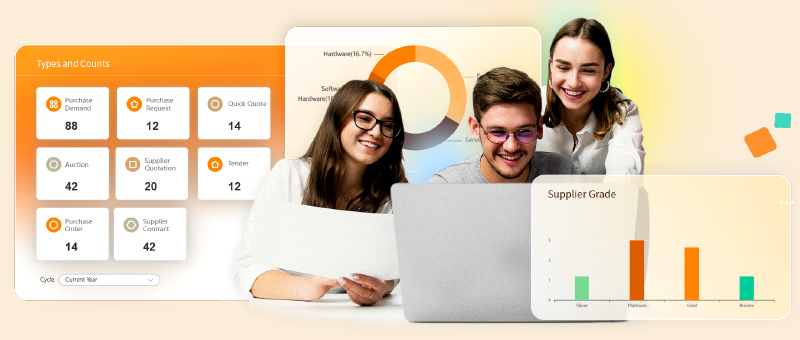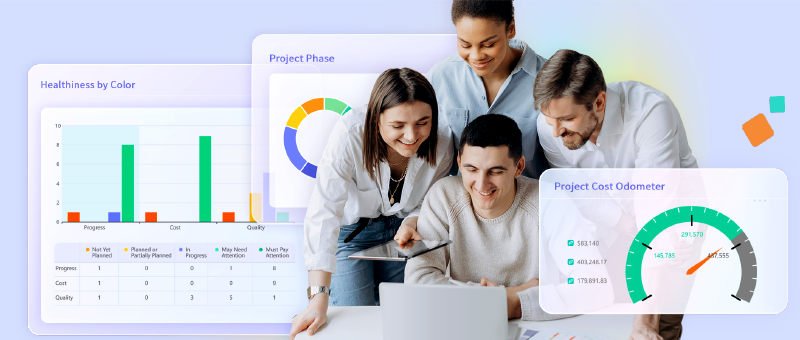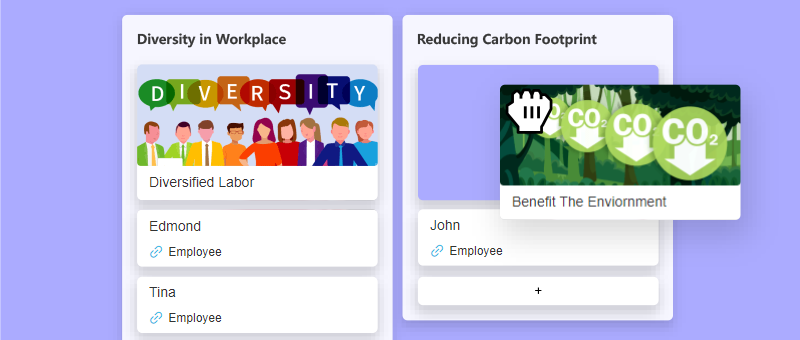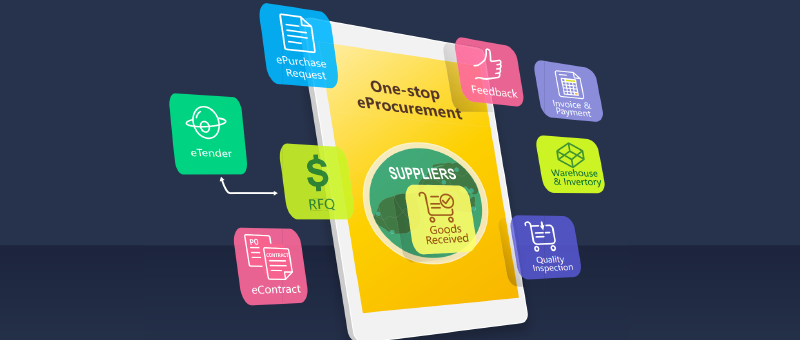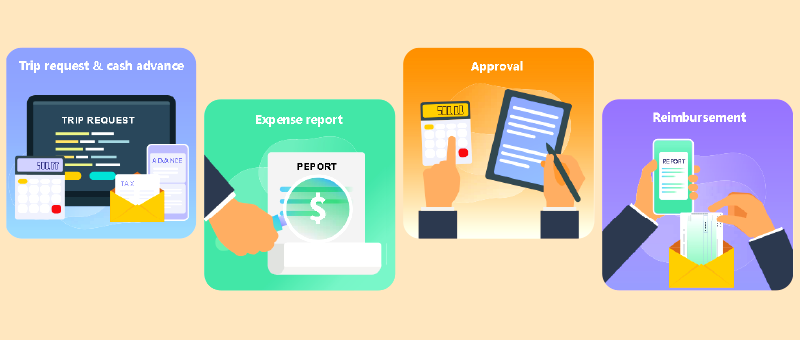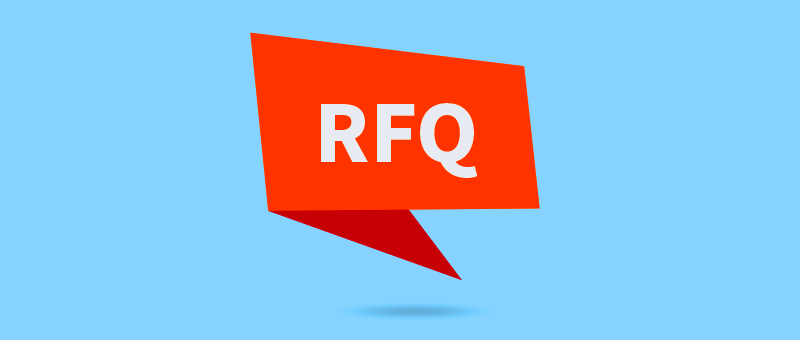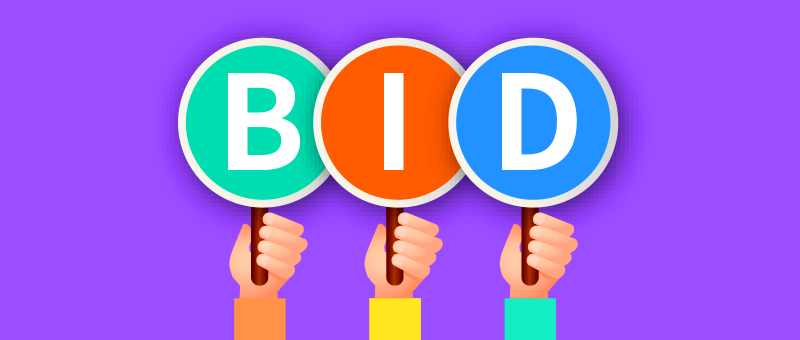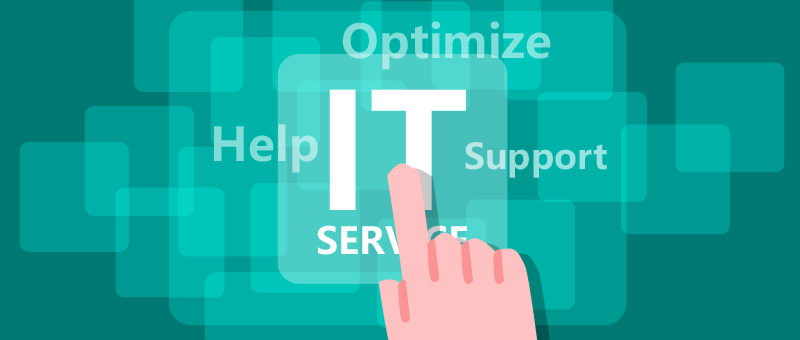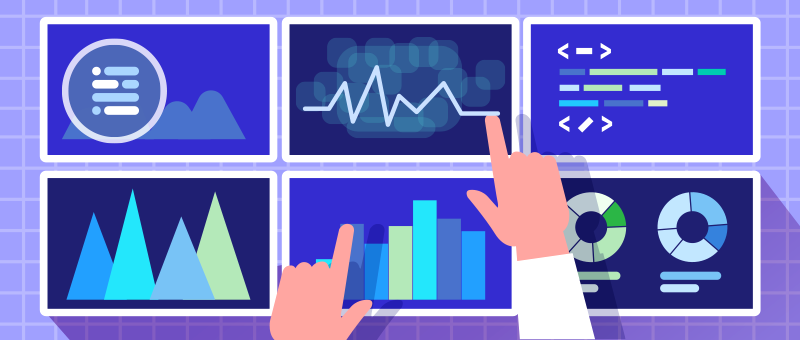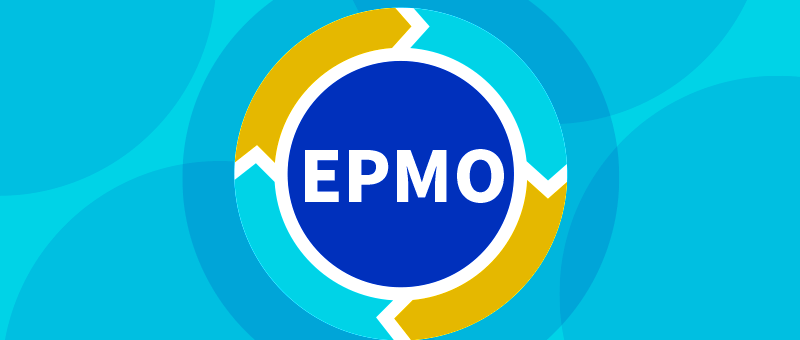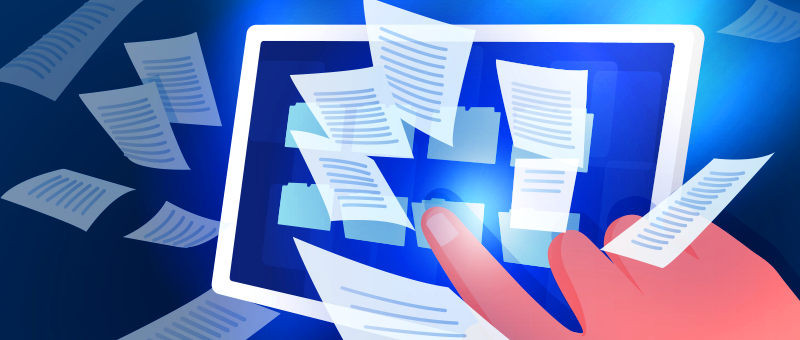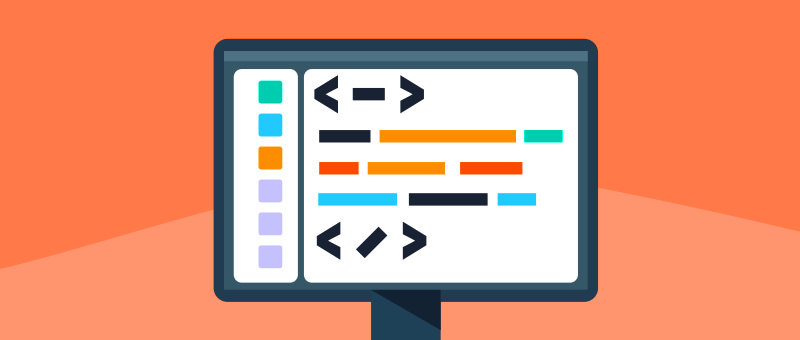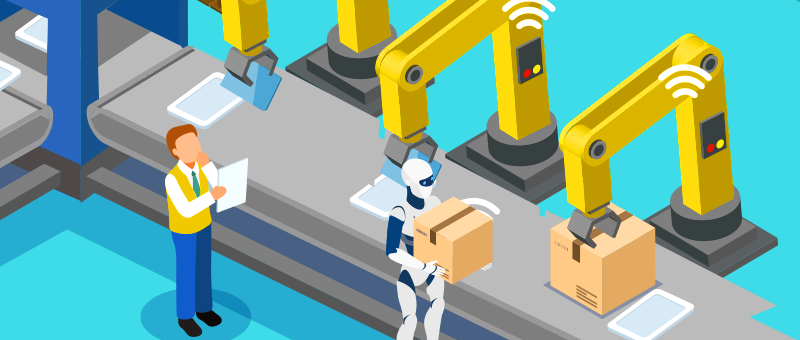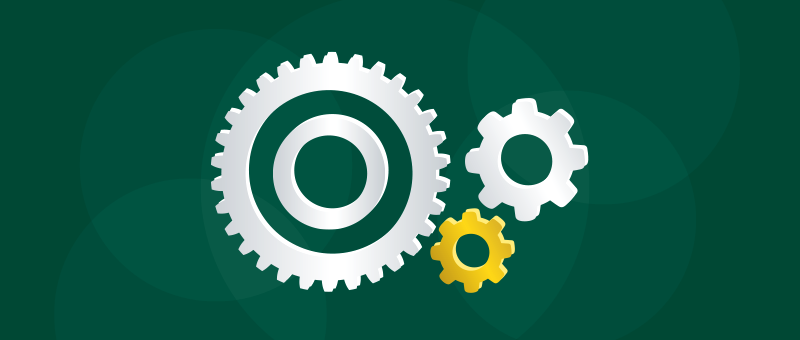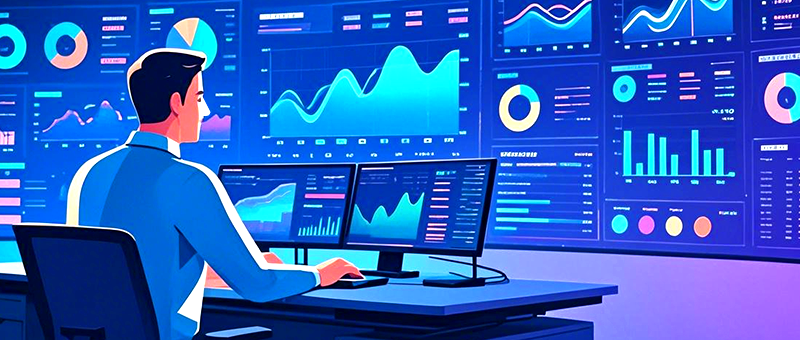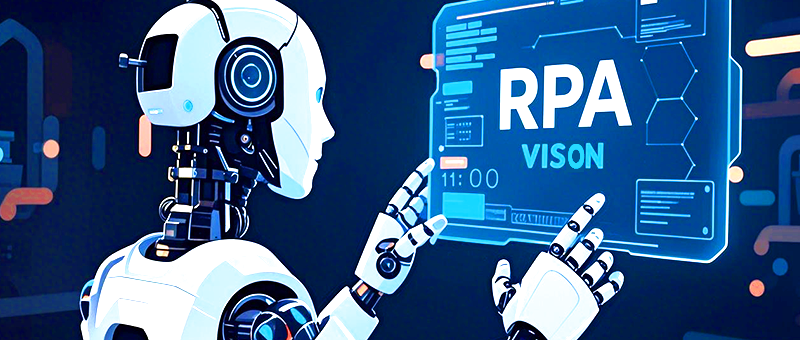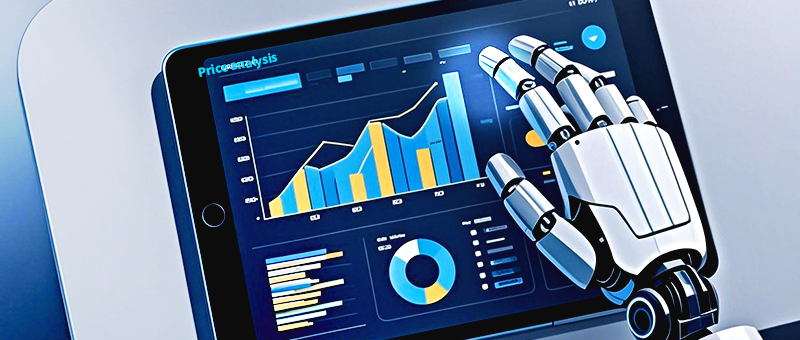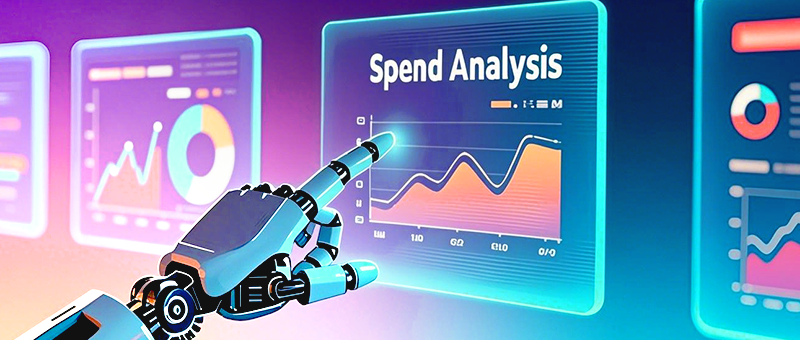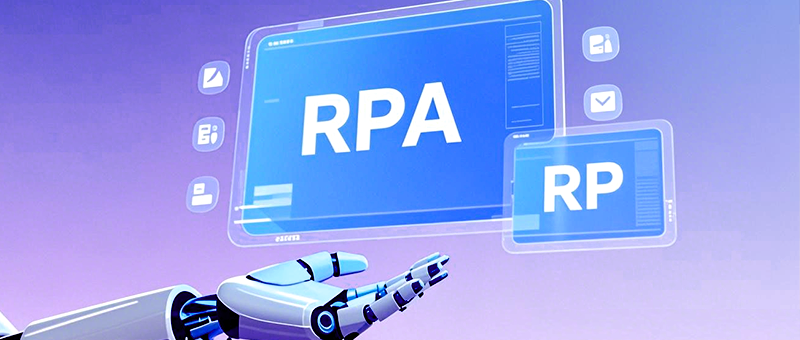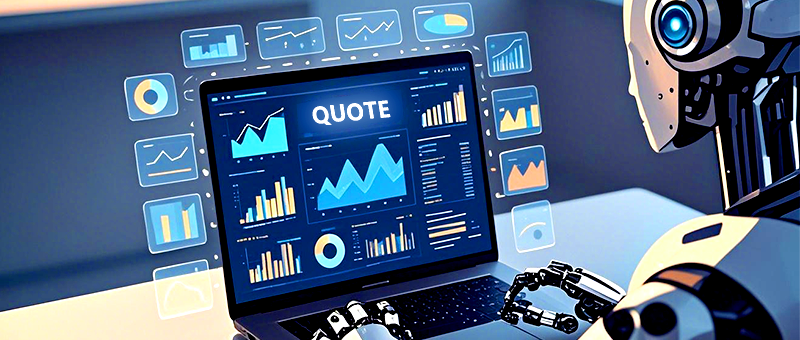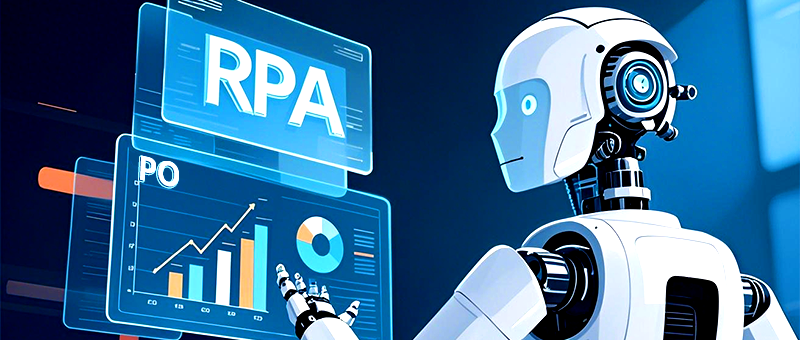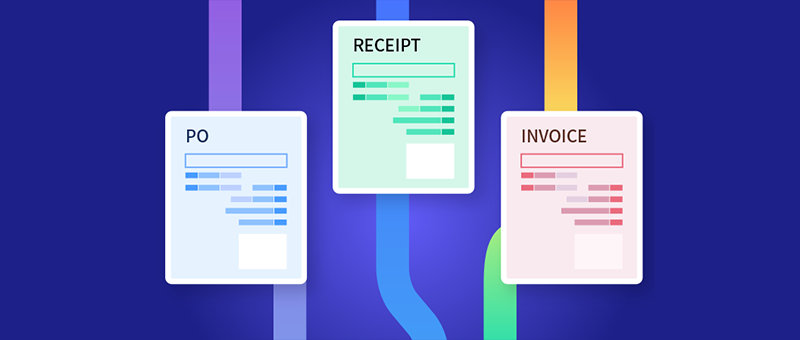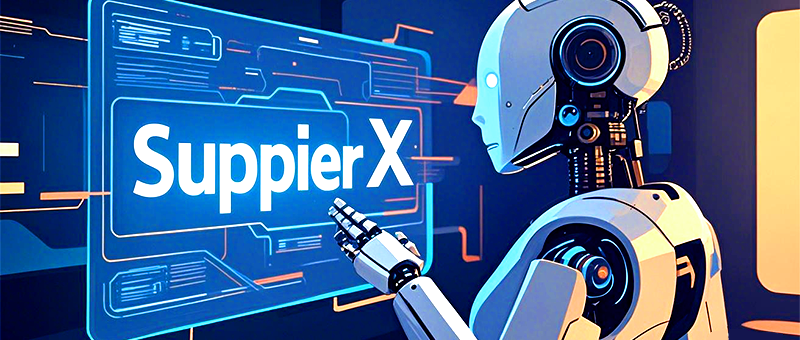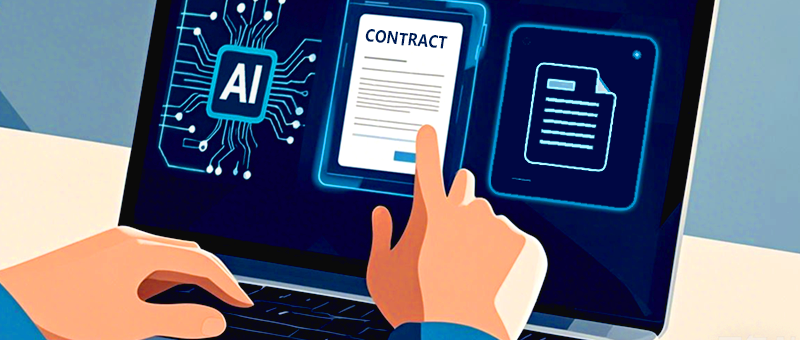Special News
6 Enterprise Project Management Systems
2024-09-13
Choosing the right project management system for your business can be challenging. Many companies struggle to find a solution that meets current demands while being adaptable to future changes. The ideal system should not only enhance project efficiency but also improve team collaboration. However, the overwhelming number of options in the market makes decision-making difficult.
Top 6 Enterprise Project Management Systems
1. 8Manage PM
8Manage PM, developed by WisageTech, is a comprehensive project management software offering full lifecycle project management. It is designed to boost work efficiency and promote information sharing, making it suitable for organizations of all sizes.
Key Features:
● Provides capabilities such as goal management, project management, program management, project planning, requirements, risks, costs, time tracking, resources, quality, change management, communication, approvals, reports, and customizable options.
● Ensures data integrity with a centralized database that keeps all stakeholders updated in real time.
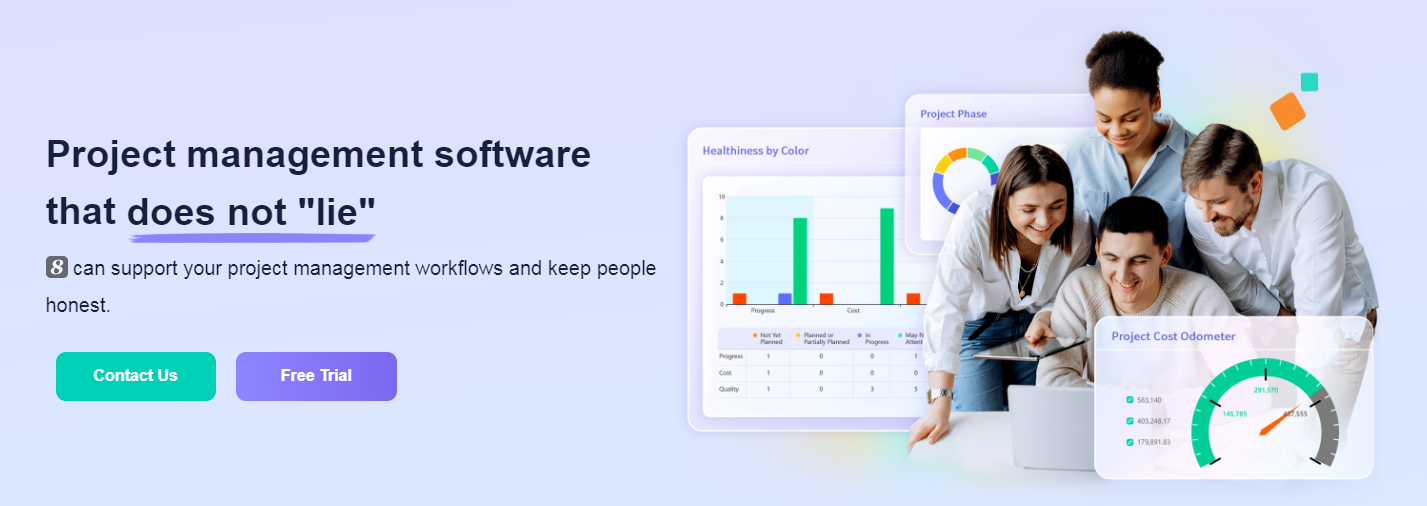
Advantages:
● End-to-End Real-Time Integration: All modules are integrated, ensuring seamless real-time updates.
● Risk Control: Manages factors that lead to project failure, such as resource and demand inefficiencies.
● Information Accuracy: Reduces data distortions, improving predictability.
● Rich Functionality: Caters to both simple and complex project needs.
● Real-Time Online Transaction Processing (OLTP): Provides banking-level transaction speed and reliability.
● Supports Multiple Methodologies: Compatible with methodologies like Agile and PMBOK.
Best Suited For:
● R&D Projects: Manages requirements, plans, resources, and quality for research and development projects.
● IT/Tech Projects: Suited for complex IT projects with strong progress monitoring.
● Business Projects: Comprehensive management of contracts, costs, and revenue.
● PMO: Enables portfolio management for project management offices (PMO) aligned with organizational strategies.
● Agile Scrum: Supports iterative management with Kanban tools.
● Large-Scale Projects: Manages complex projects with features for tracking, collaboration, and resource management.
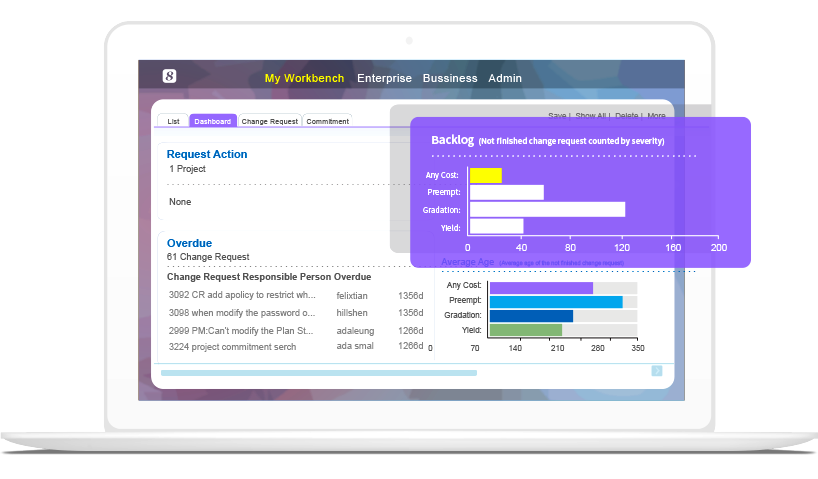
Trello is an intuitive project management tool designed for teams to track project progress visually. Its flexible board, list, and card system make organizing and managing tasks straightforward, regardless of team size.
Key Features:
● Users can create and manage boards, lists, and cards that display tasks and progress.
● Allows users to add details, deadlines, attachments, and comments to cards.
● Automation tools simplify repetitive tasks.
Advantages:
● Simple Interface: Easy to use and quick to adapt to any project.
● Flexible: Supports a wide range of workflows and customizable configurations.
● Integration: Works seamlessly with tools like Google Drive and Slack.
Best Suited For:
● Ideal for teams needing task management and project visualization, from remote teams to large enterprises.
● Particularly useful for teams requiring highly visual management tools for better collaboration.
3. Asana
Asana is a multifunctional project management platform designed to help teams collaborate more effectively. It provides tools to plan, organize, and track project progress, improving both efficiency and transparency.
Key Features:
● Offers task management, timeline view, board view, calendar, and automation tools.
● Includes real-time communication tools and integrates with apps like Google Drive and Slack.
Advantages:
● User-Friendly Interface: Intuitive design ensures a smooth learning curve.
● Powerful Task Tracking: Ensures visibility of project tasks for efficient management.
● Custom Workflows: Adaptable to various industries and business needs.
Best Suited For:
● Suitable for teams managing multiple projects or cross-department collaboration.
● Its flexibility makes it a great fit for both small teams and large enterprises.
4. Monday.com
Monday.com is a flexible project management platform with a visual interface and powerful collaboration tools. It helps teams streamline workflows and boost productivity, suitable for teams of all sizes and types.
Key Features:
● Offers task management, project tracking, scheduling, and collaboration tools.
● Integrates with apps like Google Drive, Slack, and Trello, enhancing its functionality.
Advantages:
● Highly Customizable: Tailor workflows to meet specific team needs.
● User-Friendly Design: Easy for non-technical users to operate.
● Multiple Views: Offers a range of views to accommodate different management styles.
● Automation Tools: Reduces management time, boosting productivity.
Best Suited For:
● Ideal for handling complex projects, cross-department collaboration, or remote work.
● Great for industries like marketing, software development, and product management.
5. Smartsheet
Smartsheet is a cloud-based project management and collaboration platform that enhances team productivity and transparency. It combines a familiar spreadsheet interface with powerful project management features.
Key Features:
● Provides task assignments, progress tracking, file sharing, workflow automation, and multiple views, such as Gantt charts, boards, and calendars.
● Integrates with Google Drive and Microsoft Teams for added flexibility.
Advantages:
● Intuitive Interface: Easy to navigate.
● Customizable Workflows: Tailored to project needs.
● Automation: Reduces manual work and boosts efficiency.
● Real-Time Data Analysis: Offers tools for quick decision-making.
Best Suited For:
Organizations needing dynamic project management and collaboration, especially in marketing, R&D, and operations.
6. Basecamp
Basecamp is a popular project management tool that helps teams collaborate, communicate, and manage projects efficiently through a centralized platform.
Key Features:
Basecamp offers task assignment, progress tracking, file sharing, timeline views, and real-time communication tools. Its standout feature is a visual Kanban tool for tracking project progress.
Advantages:
● Reduced Meetings & Emails: Streamlines communication.
● User-Friendly Interface: Simple and intuitive.
● Customizable Settings: Adaptable to diverse project needs.
● Transparency: Emphasizes real-time updates.
Best Suited For:
Organizations seeking project management, team collaboration, and resource integration, especially remote teams and startups.
Types of Enterprise Project Management Systems and Their Advantages
Enterprise project management systems can be categorized into specialized and general systems. Specialized systems cater to specific industries or project types, offering tailored tools and functionalities. General systems provide flexibility and wide applicability across industries.
Enhancing Team Collaboration and Productivity with Enterprise Project Management Systems
Effective project management systems significantly improve team collaboration and overall productivity. Choosing a system that supports real-time communication and file sharing ensures quick information flow and immediate team feedback, reducing misunderstandings and delays.
Clear task management tools with visible assignments and progress tracking enhance transparency and accountability among team members. Leveraging reporting features within the system monitors project progress and team efficiency, enabling timely adjustments to ensure projects are completed on schedule and meet quality standards.
Most popular

How IPD drives product R&D toward commercial success

Top procurement management systems to elevate your business in 2025

Are your project managers ready for AI?
Related articles
Top 8 project management tools for product development in 2025 (free included)
2025-04-18
Which R&D project management tool is best? 8Manage PM vs. 5 Top Picks
2025-04-01
Best IT R&D project management systems: Comparing 6 tools, including 8Manage PM
2025-03-27
Top 5 software project management tools compared, including 8Manage PM
2025-03-19
How project management software tackles predecessor dependency delays and boosts R&D efficiency
2025-03-06
Previous Article >
Top 5 Procure-to-Pay Software Solutions
Top 5 Procure-to-Pay Software Solutions
Next Article >
How to Maintain Project Quality?
How to Maintain Project Quality?






















